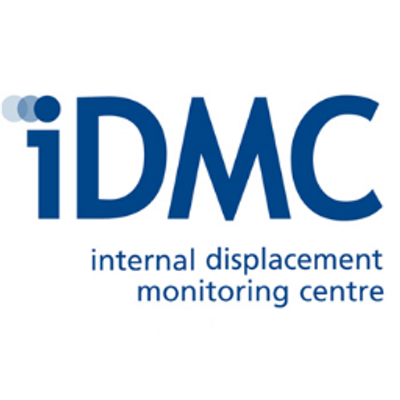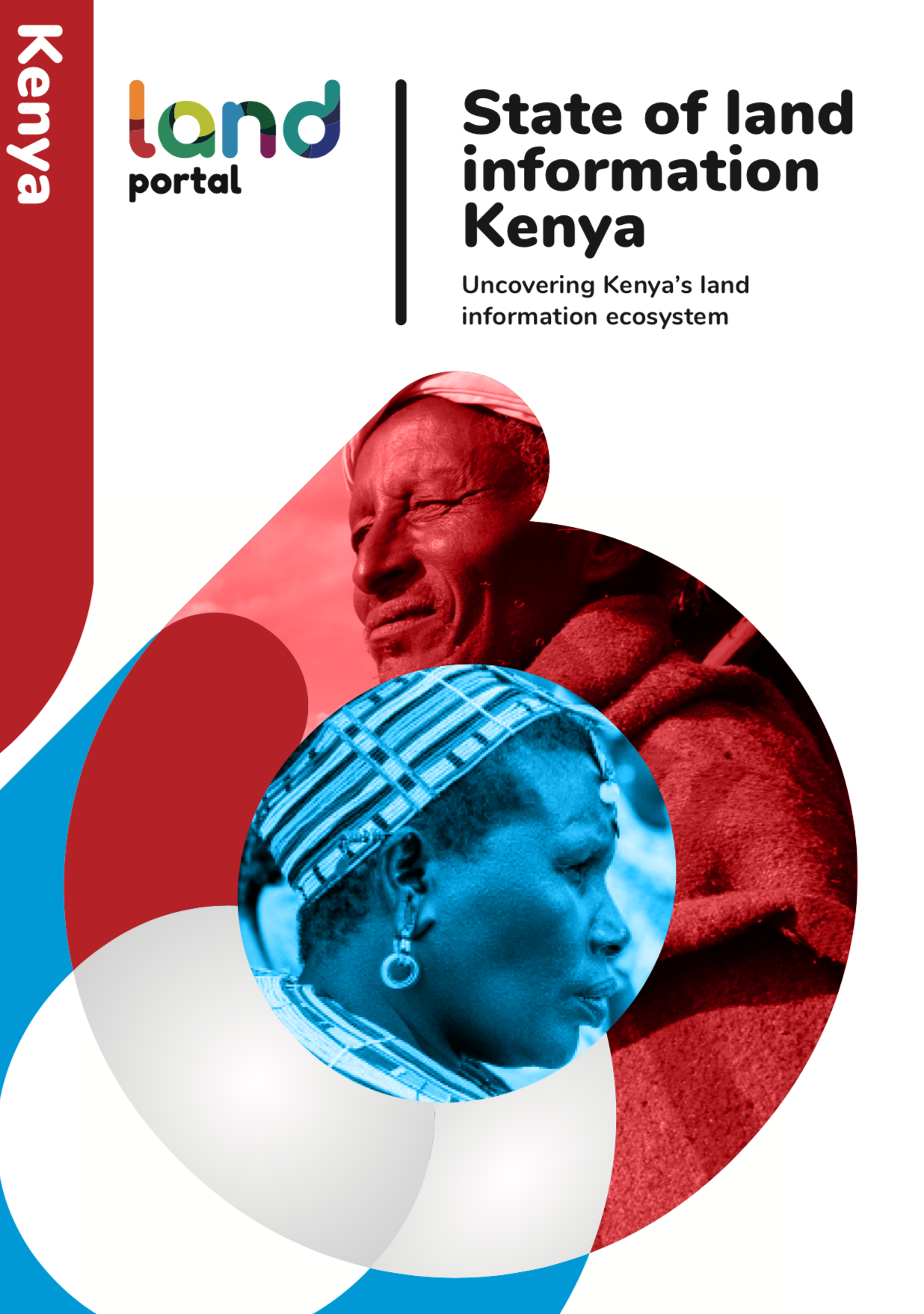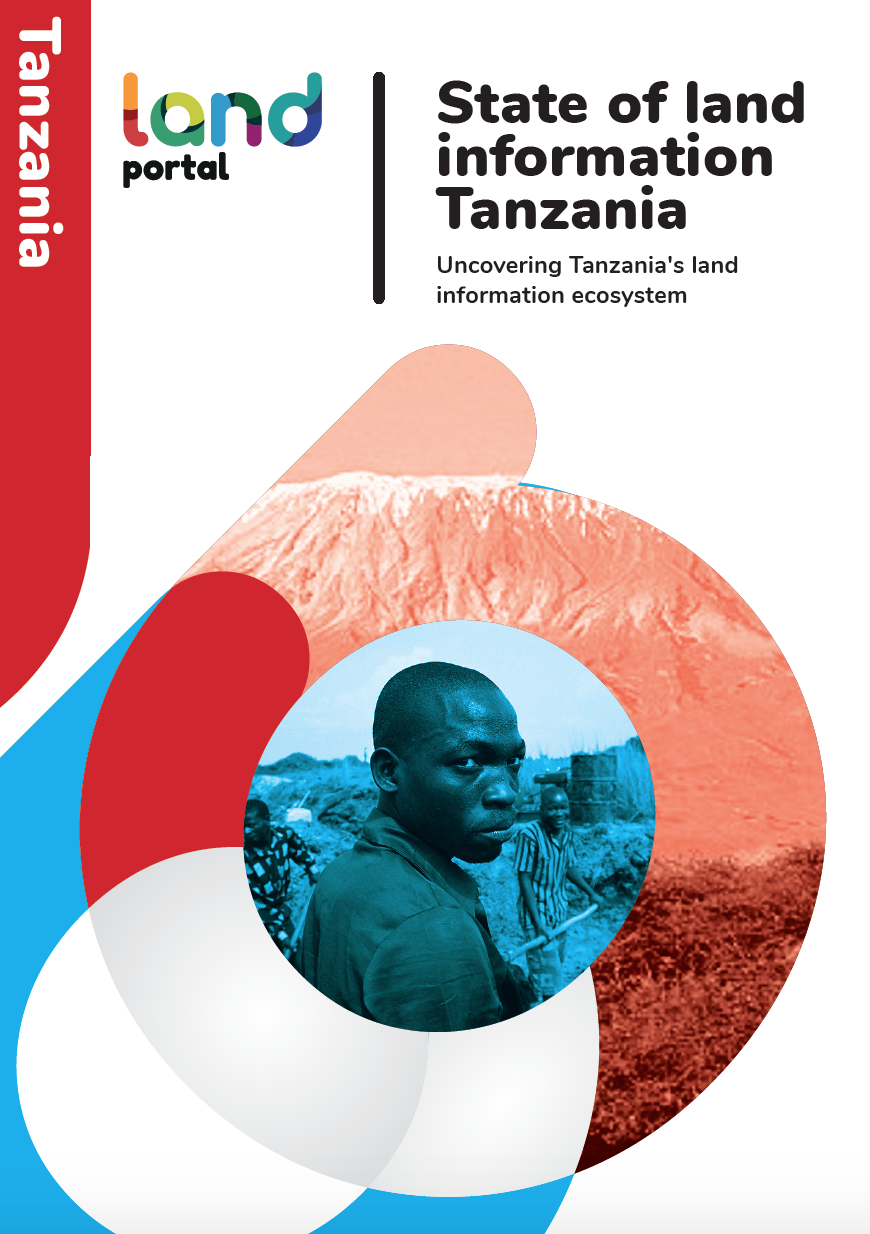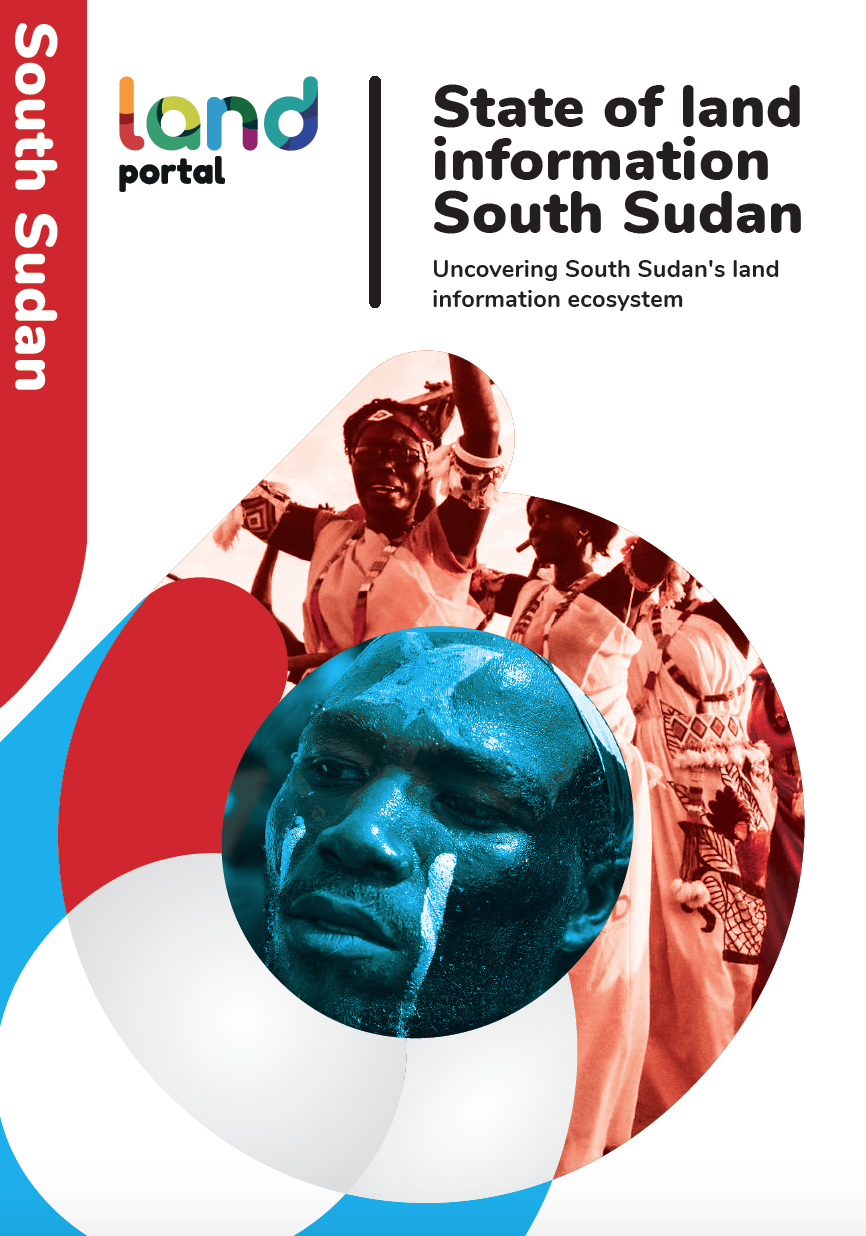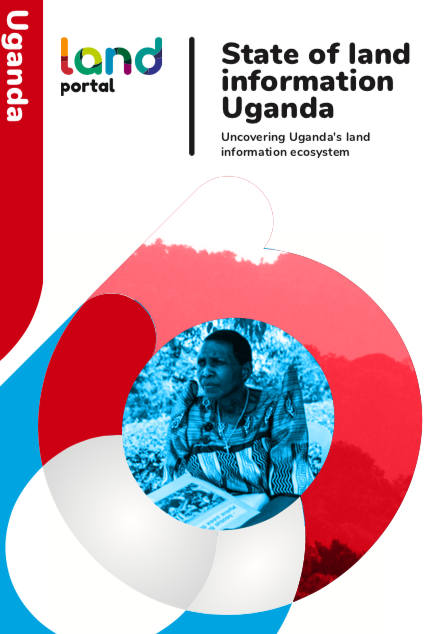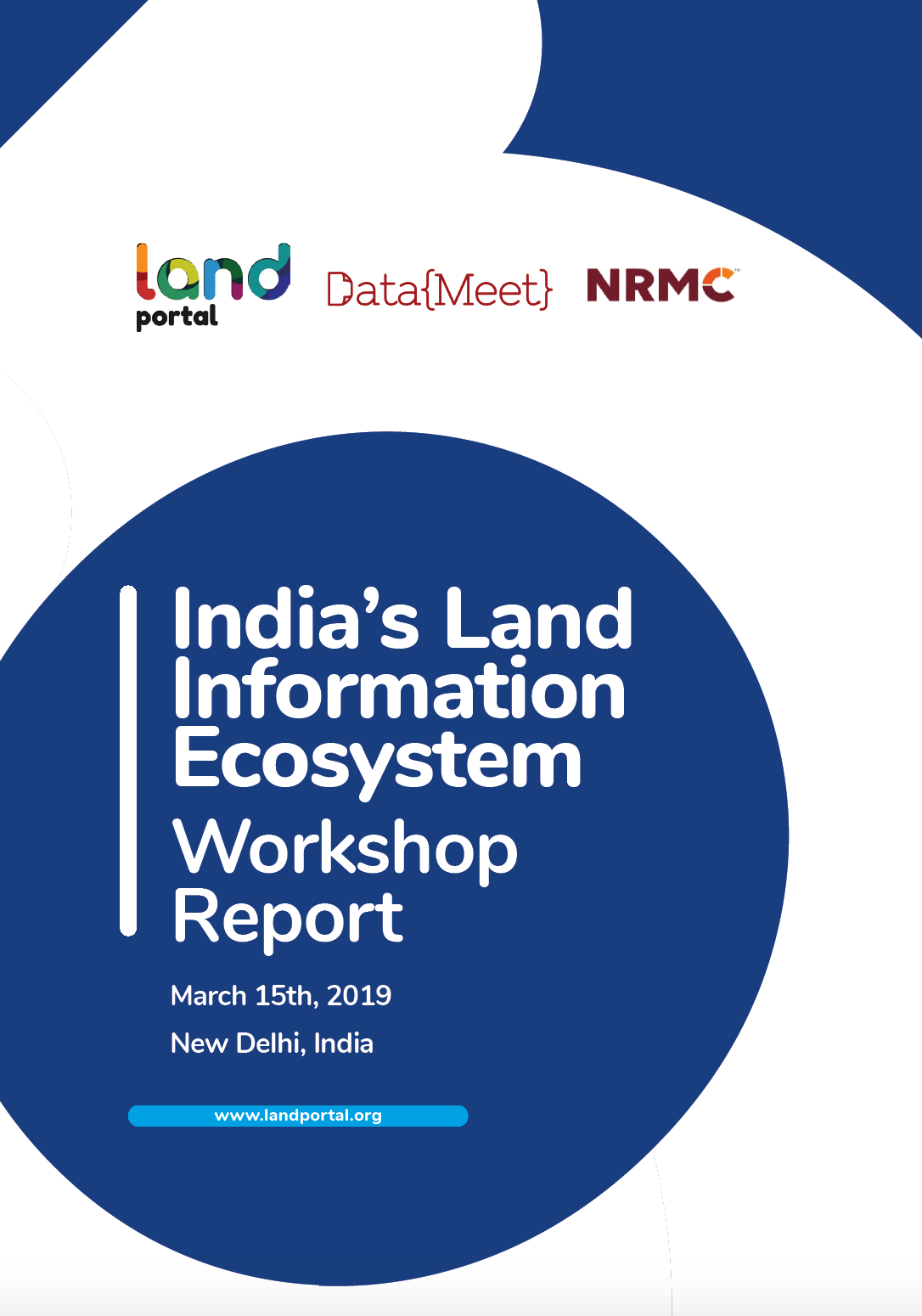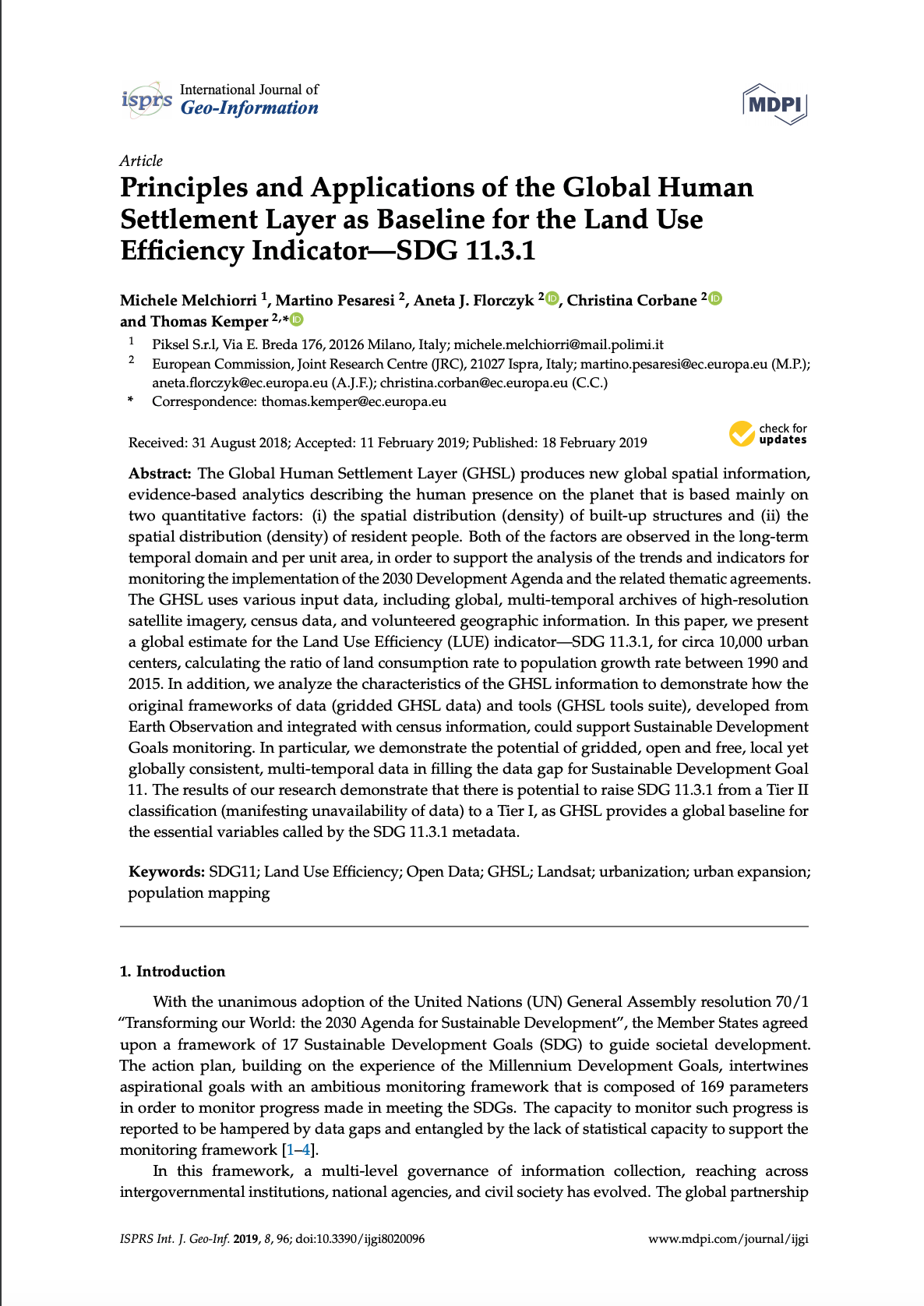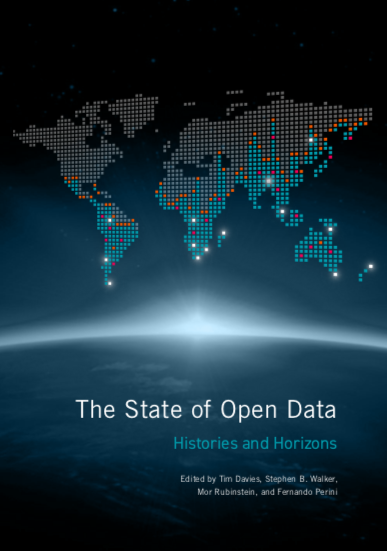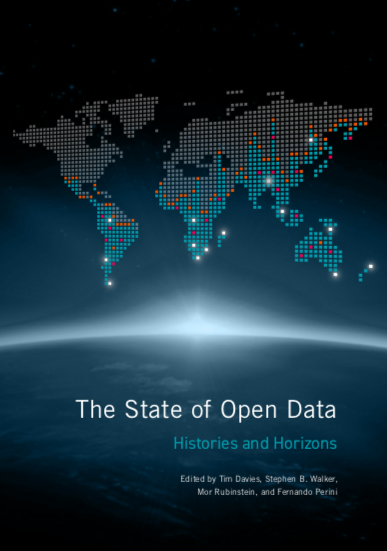Overcoming Land Data Silos : The role of data ecosystems in achieving global development goals
When disasters displace people, land records and geospatial data are key to protecting property rights and building resilience.When land conflicts occur, it is clear that conciliation efforts would benefit from access to data and evidence. In order for marginalized peoples and communities to gain control of their rights, there is no doubt that data, information and knowledge are indispensable.


